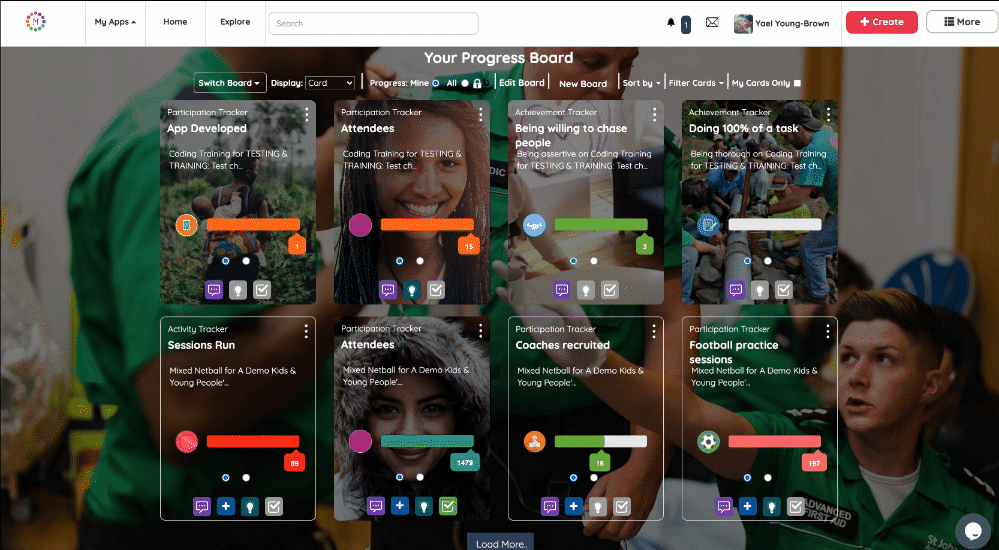Our Story
Our founder Matt Kepple started sponsoring a child while he was studying Chemistry with French, Maths and Physics at The University of Birmingham. He donated £18/month to sponsor Angel, a boy from Honduras, which paid for his food, clothing and education.
Being on a student budget, Matt struggled to afford £18/month and after a few months, made the decision to stop sponsoring Angel. Frustrated but undeterred, he had an idea: what if his friends could share the cost of sponsoring a child and each give £1/month? He knew it was affordable and he figured he had at least 18 friends who'd agree!
His friends loved the idea. Over the next few weeks he created the Sponsor a Kid for a Quid campaign and recruited a team of student volunteers to run it. 3 months later, 150 students and staff had signed up to donate £1/month to collectively sponsor 10 children.
The price had dropped from £18 to £15 because an alternative charity was found; World Vision.
The idea won an award from Channel4 and caught the attention of The RSA who invited Matt to become one of their youngest ever Fellows. He graduated and found a job in advertising at the creative agency, DLKW. Meanwhile the student volunteers ran Sponsor a Kid for a Quid in Birmingham and Matt began wondering how to bring the idea to London.
The RSA is The Royal Society for the Encouragement of Arts, Commerce and Manufacturing
While travelling, Matt saw a Megabus with the slogan £1 Low Cost Intercity Travel. This sparked the idea of applying the Sponsor a Kid for a Quid concept to the work of every charity and having the slogan £1 Low Cost International Projects. This idea would later became Makerble.
Matt spent a few years as a marketing consultant, market researcher and charity project manager. He saved up enough and won a couple of awards to allow him to quit his job and start building Makerble. The idea was a monthly subscription that let people donate to a variety of charity projects and receive regular updates on the progress being made; similar to the updates students would get when sponsoring a child.
Moments after launching, it was clear something was wrong. Donors were giving through Makerble but charities were struggling to provide regular updates. The team spoke with several charities and realised that this problem was widespread across the charity industry. The average charity was receiving grants from 15 different funders and needed to provide bespoke detailed reports to each one regularly. Most charities were copying and pasting data between different spreadsheets and drowning under the paperwork.
So we decided to tackle the challenge of Data, Monitoring and Evaluation head-on; and that’s exactly what we’ve done. Makerble now provides nonprofits with software to manage the work they do to change the world. It stores the records of everyone they help and is designed for collaboration. Nonprofits can give each of their funders a link that shows the real-time impact of every project they fund. Trudging through spreadsheets for hours on end to create repetitive reports is now a thing of the past.
Today we’re seeing our software used by government departments, companies and social enterprises. Because ultimately, everyone, regardless of their sector, wants to know the impact of their work and understand what they can do to achieve their outcomes faster.
One day, we'll return to the first chapter in our story - allowing everyone to know the difference their donations make - by allowing charities to share their impact data with donors, as it's already stored in our platform. Until then, we’re enabling organisations to change the world faster, by giving them the tools to track, analyse and continuously improve the difference they make.









